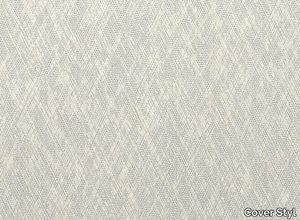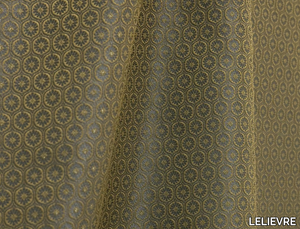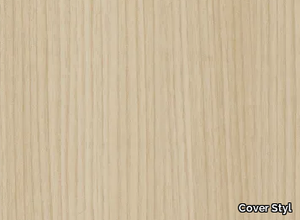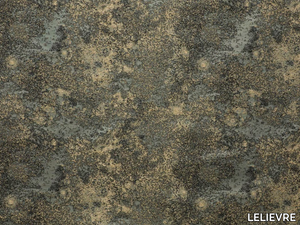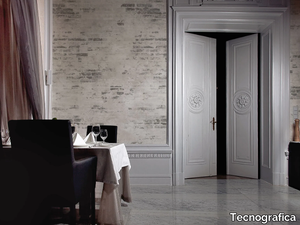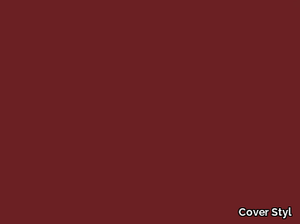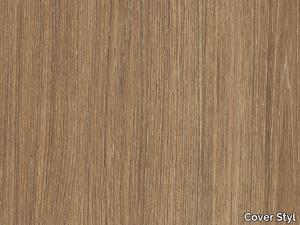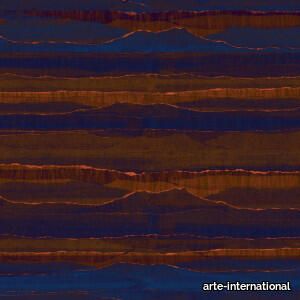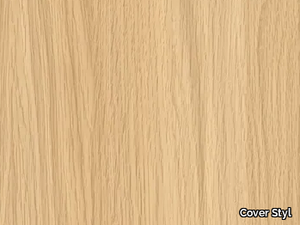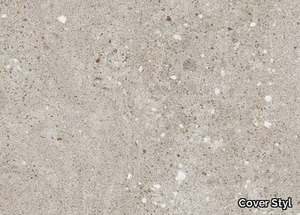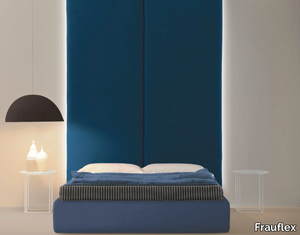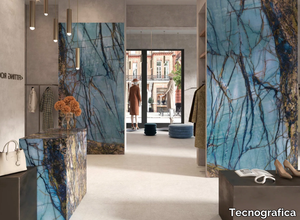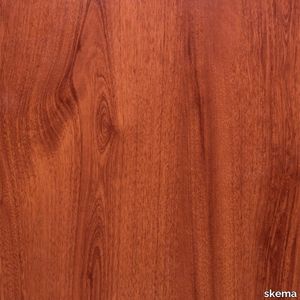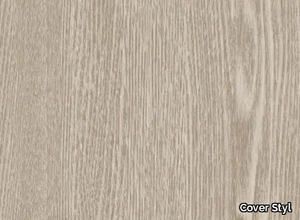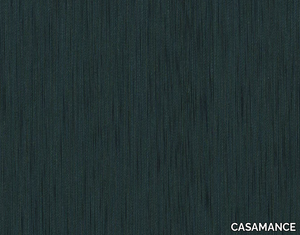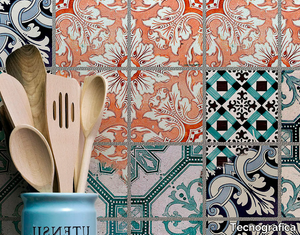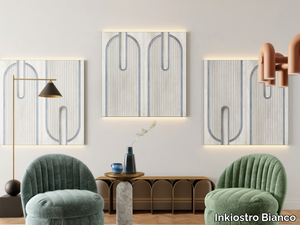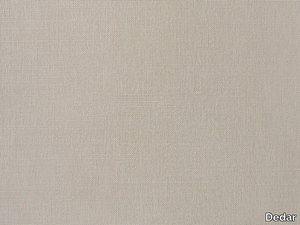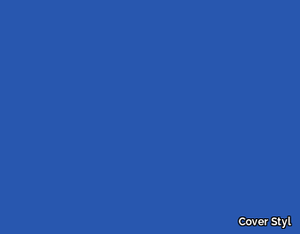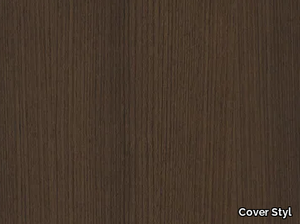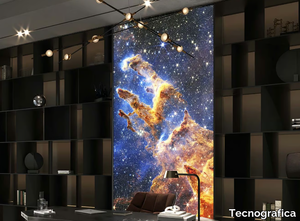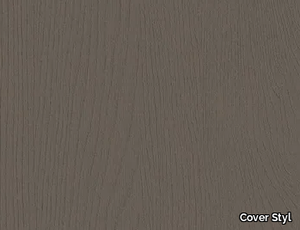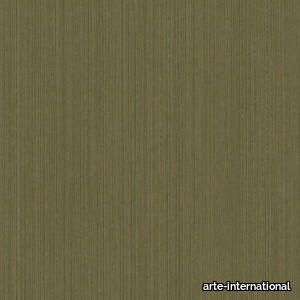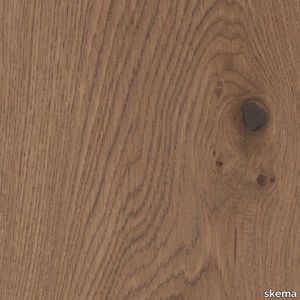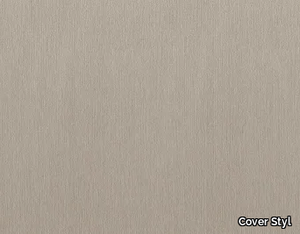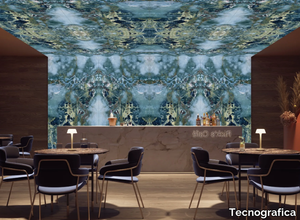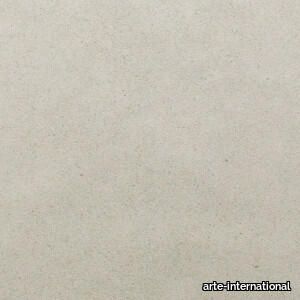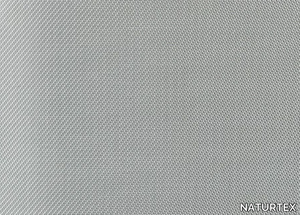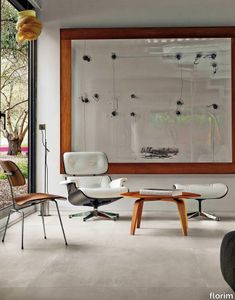Langur
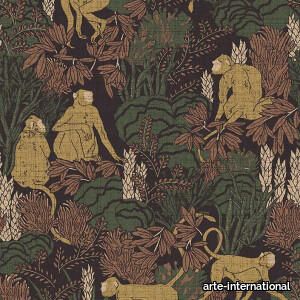
arte-international > Wallcovering
Monkey see, monkey do! The playful little monkeys of Langur can amuse themselves on your walls without making a mess.
Studios Concreate
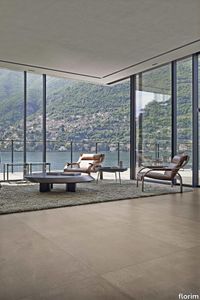
florim > Wallcovering
<p>Studios, with its sophisticated but discrete personality, defines the evolutionary path of modern cement-inspired surfaces for interior architecture.</p> <p>The structure of the surfaces, delicately textured, suggests the effect of the manual skill and plasticity of the hand crafted finish. Essential but intense, it is highlighted by meeting natural or artificial light. </p>
Tesori Anelli grigio
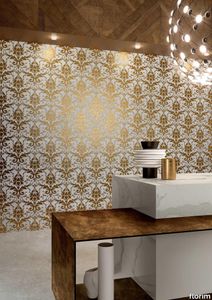
florim > Wallcovering
East and West, a synthesis archieved through Italian taste. «My work often takes me to far-off lands, also remote in terms of their culture and traditions. Even without my being aware of it, I then metabolise these traditions and include them in the designs I subsequently produce.» Matteo Nunziati <p>"It is the architect's task to create a warm, livable space. Carpets are warm and livable. He decides for this reason to spread one carpet on the floor and to hang up four to form the four walls. But you cannot build a house out of carpets. Both the carpet and the floor and the tapestry on the wall required structural frame to hold them in the correct place. To invent this frame is the architect's second task."When Adolf Loos wrote his revolutionary essay on the "principle of cladding" in 1898, architecture was just entering the modern age. Building meant imagining structures capable of putting together different materials, but, Loos affirmed, it must also respect their individual characteristics. "Every material possesses a formal language which belongs to it alone and no material can take on the forms proper to another", the Austrian master therefore maintained. And there is no doubt that the spirit of these words extended throughout most Twentieth Century architecture, regardless of its location or style. When we look at Matteo Nunziati's designs for the CEDIT Tesori collection, we seem to be seeing geometrical purity and attention to detail at the service of a new "truth" of material. Because Matteo Nunziati views ceramics as a form of fabric.<br /> The woven patterns he imagines for the various styles in his collection "“ from Arabian to damask to more geometrical motifs "“ constantly seek to provide the soft, iridescent look of time-worn linen. In them, ceramics are raised from the status of poor relation of marble to become a luxury wall covering in their own right: almost a wallpaper, suitable however for both floors and walls, and an absolutely versatile material. No longer only for beautifying bathrooms, they can create new moods in every room of the house (and elsewhere) starting from the living-room. Naturally, the revolution has been mainly technological. The large slabs produced by CEDIT are more than 3 metres tall, and since they eliminate the serial repetition typical of conventional tiles, they generate a new relationship between the surface and its decoration. However, Nunziati does not use this to create, artist-like, a more eye-catching decorative composition that emphasises the slab's dimensions. Quite the opposite; the patterns he offers us attempt to break down what is left of the boundaries between substrates. In particular, the Arabian and damask styles, in the version with "timeworn" patterning, convey the idea of the ceramic slab as an abstract, almost non-existent material which melts into the decorative motif applied to it, in a kind of pure wall covering.<br /> Through the patient selection of geometrical motifs and tests to verify their suitability for application to ceramic slabs, Nunziati aims to achieve a new material rather than a mere decoration, making this clear by also exploring its tactile dimension, with gouged and relief motifs. His "principle of coverings" therefore relates to ceramics' essence rather than their image: highlighting the versatility which, as we all know, has made ceramics an absolute material, a kind of cement that incorporates structure and finish in a virtually infinite range of applications. This is clearly indicated by the reference to the mashrabiya, a term meaning place where people drink in Arabic, which in Arabian architecture originally referred to the kind of veranda where people used to meet and rest, and over time has come to mean the wooden gratings that screened these places from the sun. Inspired by his trips to the Middle East, for Nunziati the geometric patterns of the mashrabiya become both an outline of his method of work and the form of what in fact becomes the key element in a new idea of space: a real location conceived around a strong, livable surface in which physical substance and decoration overlap to the point where they merge.</p>
Arcus
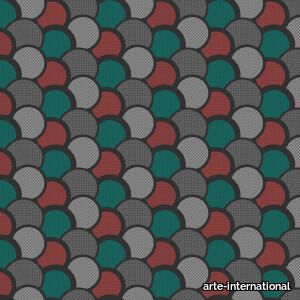
arte-international > Wallcovering
The circled Arcus pattern was given a unique touch using lacquer.
Stripe Velvet and Lin
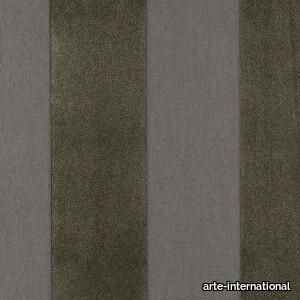
arte-international > Wallcovering
Wallpaper with a refined linen texture and a velvet striped pattern in a variety of colour combinations.
Grace
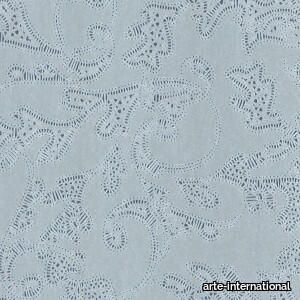
arte-international > Wallcovering
Grace means that you don't need to have green fingers to bring nature into your home. The opulent print creates a pleasant atmosphere in combination with the pastel shades. Grace looks very natural, like a climbing plant, and embellishes any wall.
Sterling
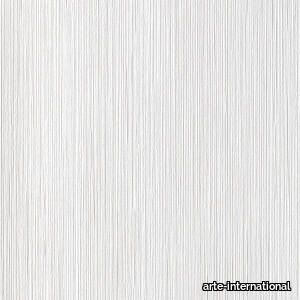
arte-international > Wallcovering
This wallcovering was especially developed for the contract market. The luxurious and extremely durable vinyl meets the most stringent technical requirements, such as fire resistance, shock resistance and washability.
Align
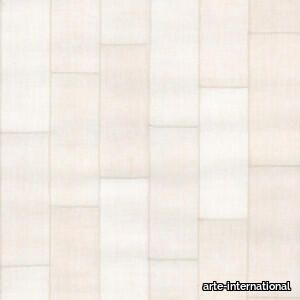
arte-international > Wallcovering
The Align design is made with real fabric, namely jute. It is a patchwork with pieces of jute loosely sewn together. Using a foil base gives the design a glossy effect.
Pyxis
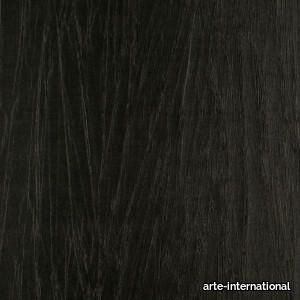
arte-international > Wallcovering
The pleated covering of Pyxis boasts a contemporary look & feel with a matt finish.
Geloma
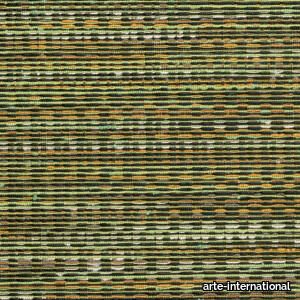
arte-international > Wallcovering
Geloma is a refined jacquard-woven textile in glossy multicolour threads. The dancing horizontal lines create a playful effect on the one hand, while the dark background and warp provide relief on the other. This design owes its name to the word ‘loom’, which in turn comes from the Old English word 'geloma'.
Tesori Anelli bianco

florim > Wallcovering
East and West, a synthesis archieved through Italian taste. «My work often takes me to far-off lands, also remote in terms of their culture and traditions. Even without my being aware of it, I then metabolise these traditions and include them in the designs I subsequently produce.» Matteo Nunziati <p>"It is the architect's task to create a warm, livable space. Carpets are warm and livable. He decides for this reason to spread one carpet on the floor and to hang up four to form the four walls. But you cannot build a house out of carpets. Both the carpet and the floor and the tapestry on the wall required structural frame to hold them in the correct place. To invent this frame is the architect's second task."When Adolf Loos wrote his revolutionary essay on the "principle of cladding" in 1898, architecture was just entering the modern age. Building meant imagining structures capable of putting together different materials, but, Loos affirmed, it must also respect their individual characteristics. "Every material possesses a formal language which belongs to it alone and no material can take on the forms proper to another", the Austrian master therefore maintained. And there is no doubt that the spirit of these words extended throughout most Twentieth Century architecture, regardless of its location or style. When we look at Matteo Nunziati's designs for the CEDIT Tesori collection, we seem to be seeing geometrical purity and attention to detail at the service of a new "truth" of material. Because Matteo Nunziati views ceramics as a form of fabric.<br /> The woven patterns he imagines for the various styles in his collection "“ from Arabian to damask to more geometrical motifs "“ constantly seek to provide the soft, iridescent look of time-worn linen. In them, ceramics are raised from the status of poor relation of marble to become a luxury wall covering in their own right: almost a wallpaper, suitable however for both floors and walls, and an absolutely versatile material. No longer only for beautifying bathrooms, they can create new moods in every room of the house (and elsewhere) starting from the living-room. Naturally, the revolution has been mainly technological. The large slabs produced by CEDIT are more than 3 metres tall, and since they eliminate the serial repetition typical of conventional tiles, they generate a new relationship between the surface and its decoration. However, Nunziati does not use this to create, artist-like, a more eye-catching decorative composition that emphasises the slab's dimensions. Quite the opposite; the patterns he offers us attempt to break down what is left of the boundaries between substrates. In particular, the Arabian and damask styles, in the version with "timeworn" patterning, convey the idea of the ceramic slab as an abstract, almost non-existent material which melts into the decorative motif applied to it, in a kind of pure wall covering.<br /> Through the patient selection of geometrical motifs and tests to verify their suitability for application to ceramic slabs, Nunziati aims to achieve a new material rather than a mere decoration, making this clear by also exploring its tactile dimension, with gouged and relief motifs. His "principle of coverings" therefore relates to ceramics' essence rather than their image: highlighting the versatility which, as we all know, has made ceramics an absolute material, a kind of cement that incorporates structure and finish in a virtually infinite range of applications. This is clearly indicated by the reference to the mashrabiya, a term meaning place where people drink in Arabic, which in Arabian architecture originally referred to the kind of veranda where people used to meet and rest, and over time has come to mean the wooden gratings that screened these places from the sun. Inspired by his trips to the Middle East, for Nunziati the geometric patterns of the mashrabiya become both an outline of his method of work and the form of what in fact becomes the key element in a new idea of space: a real location conceived around a strong, livable surface in which physical substance and decoration overlap to the point where they merge.</p>
Queen Cobra Wallcovering
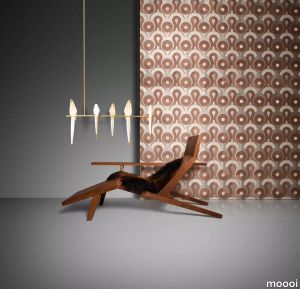
moooi > Wallcovering
The Queen Cobra Wallcovering is made from hand-woven sisal fibres inspired by the Queen Cobras rhythmic curves and grassy habitat. The design comprises round overlapping shapes in a pattern with a hypnotic feel to it.
Sapphire
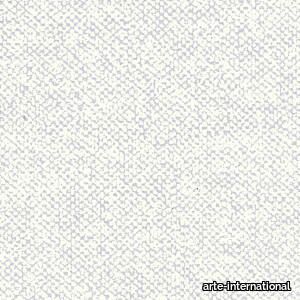
arte-international > Wallcovering
This wallcovering was especially developed for the contract market. The luxurious and extremely durable vinyl meets the most stringent technical requirements, such as fire resistance, shock resistance and washability.
Flamingo
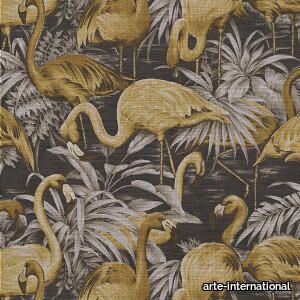
arte-international > Wallcovering
These stylish flamingos will be familiar from the Avalon collection. These really grab your attention and make you think of clear, blue lagoons and exotic beaches.
Diagonal
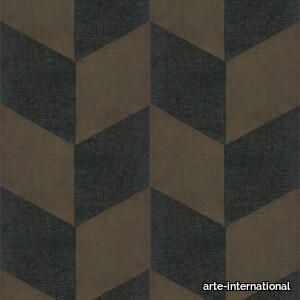
arte-international > Wallcovering
A foil lustre creates the Diagonal look. The design illustrates perfectly how contrasting materials – in this instance jute and foil – enhance one another. Close up you can see how some pieces of jute are more finely woven than others. This subtle contrast lends the chevron pattern a luxurious touch.
Sweep
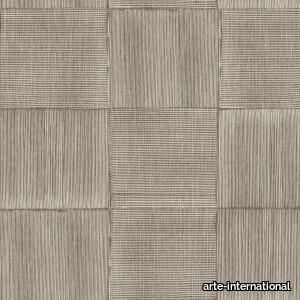
arte-international > Wallcovering
Tijdloos behang dat geometrie op een nieuwe, modernistische manier interpreteert. De fijne structuur perfect de warmte en subtiliteit van textiel weer.
Chasu
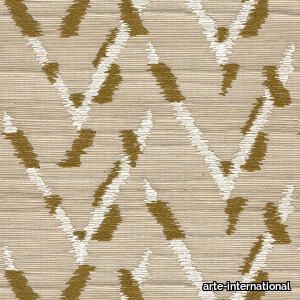
arte-international > Wallcovering
The Korean word for embroidery is Chasu, which is very appropriate for this refined pattern. The abstract herringbone pattern is embroidered onto a natural sisal background using shiny textile threads, giving an effect that is both luxurious and authentic.
Tell-us
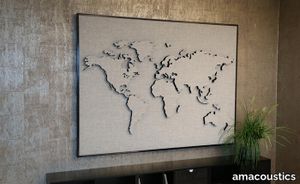
amacoustics > Wallcovering
When the acoustic quality needs to be improved at the same time as you want to decorate in a different way, TELL-US is an excellent solution. Marking: BIM Object | pCon Planner | Byggkatalogen
Rêverie Tropicale
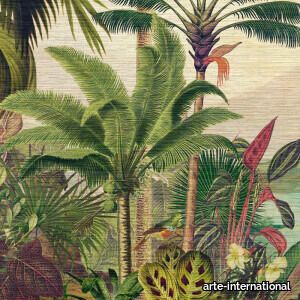
arte-international > Wallcovering
A dreamy panoramic view that takes you to higher realms. Who wouldn't want to spend some time amid the lush foliage of this gorgeous oasis? The detail in this design is impressive, but upon closer inspection the subtle woven grass print in the background suddenly catches the eye, adding a natural accent to the design and the material on which it has been printed.
